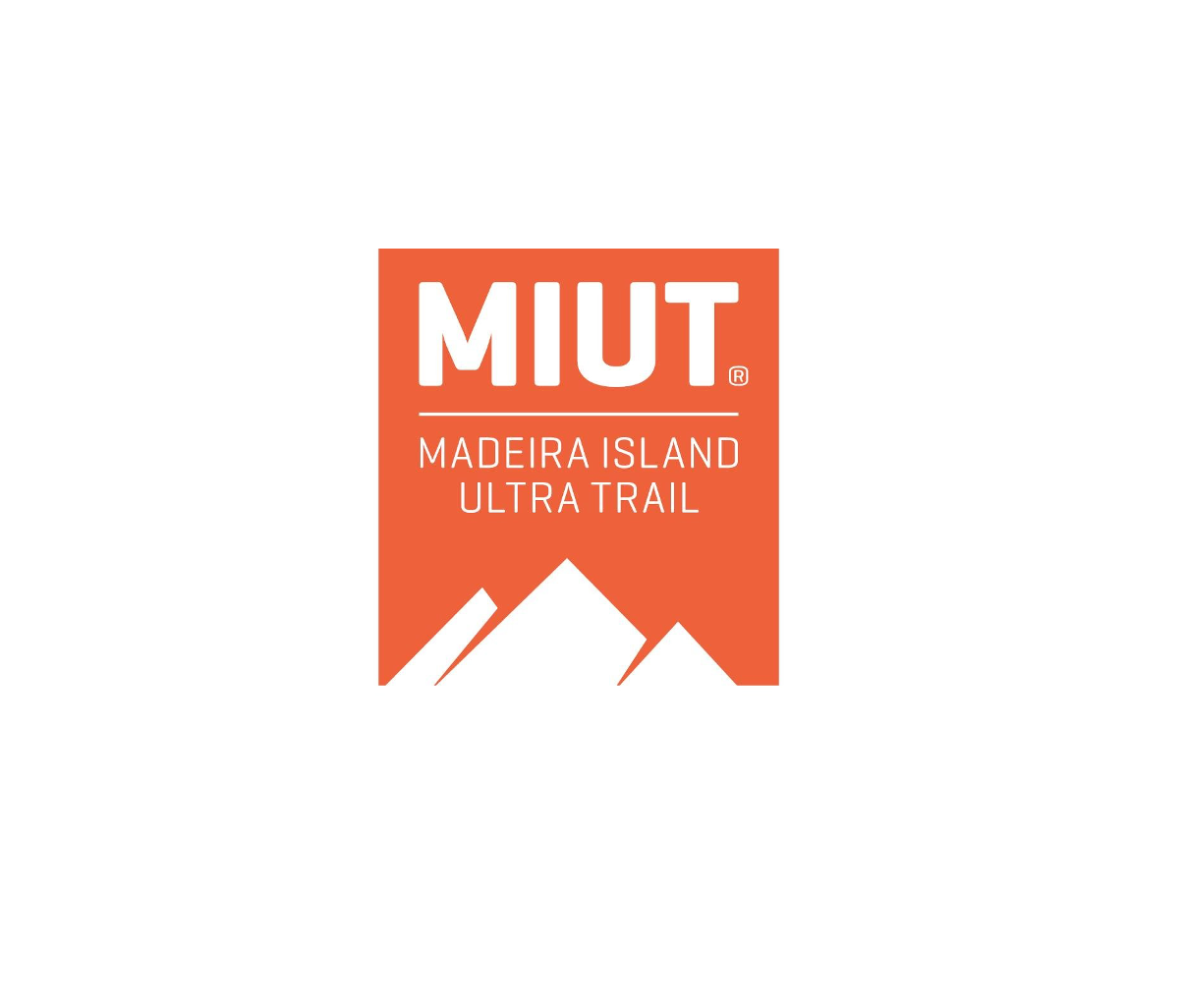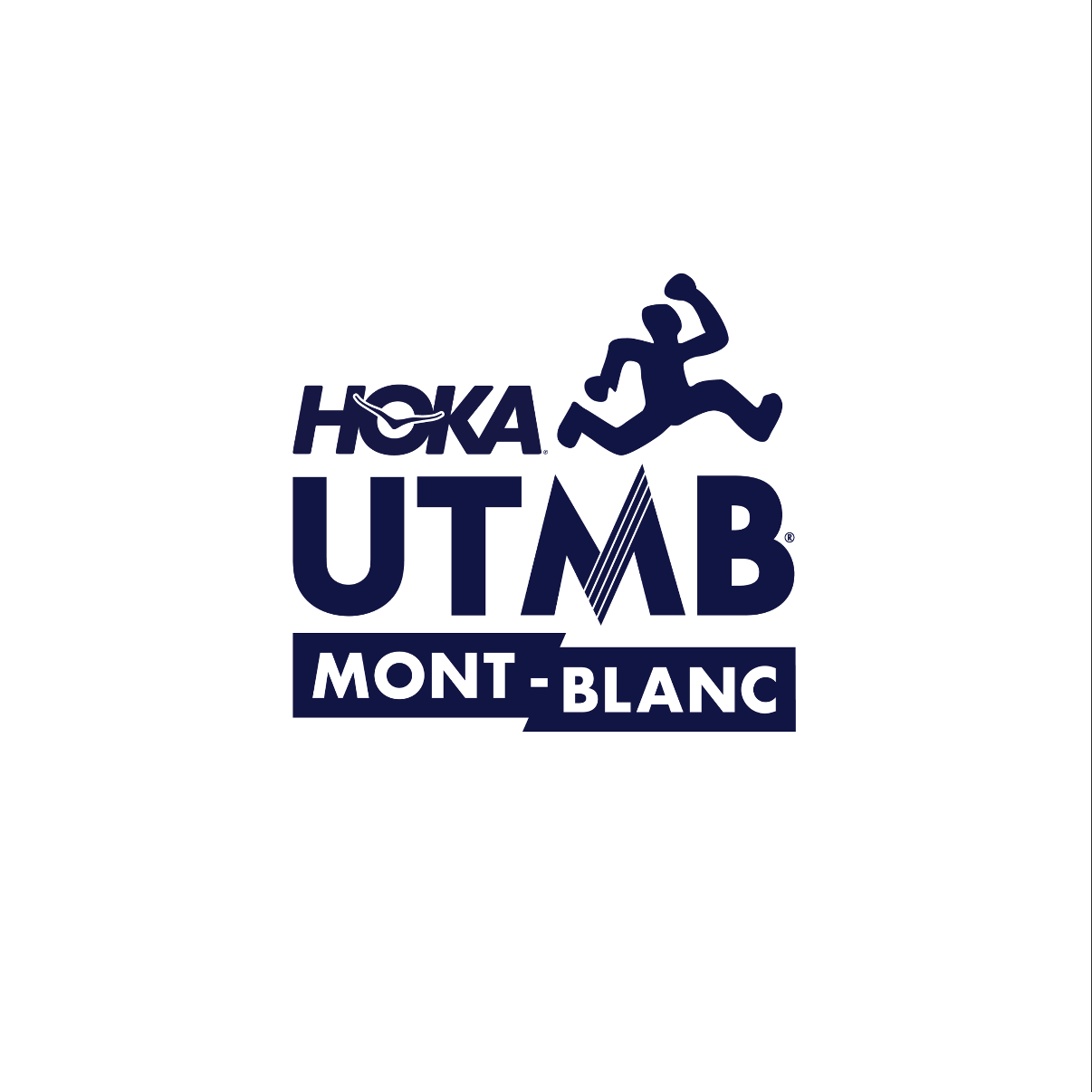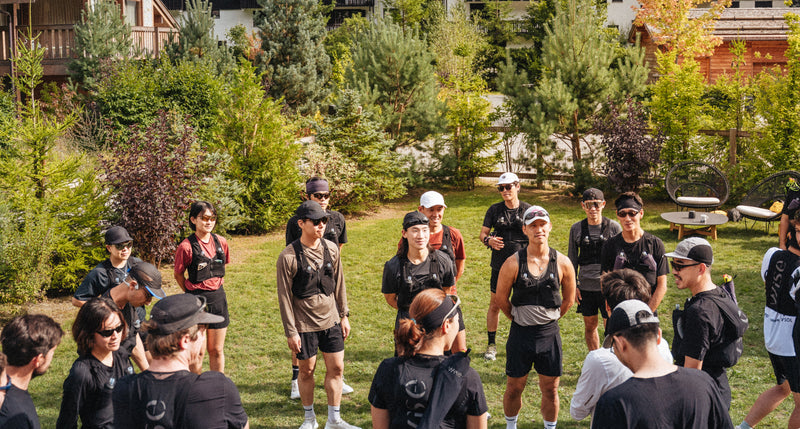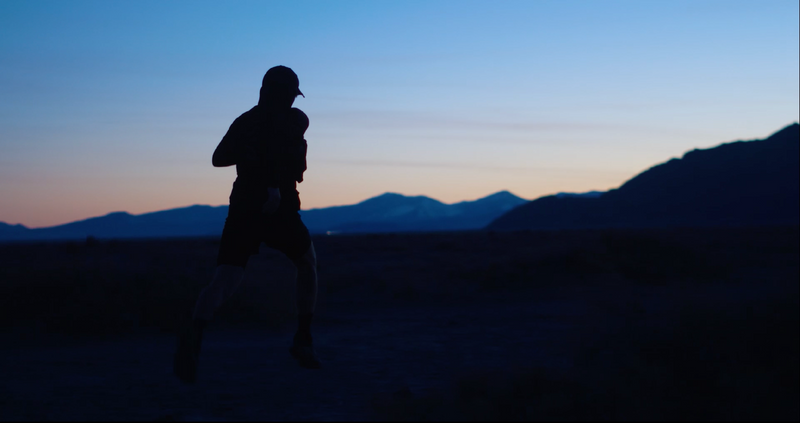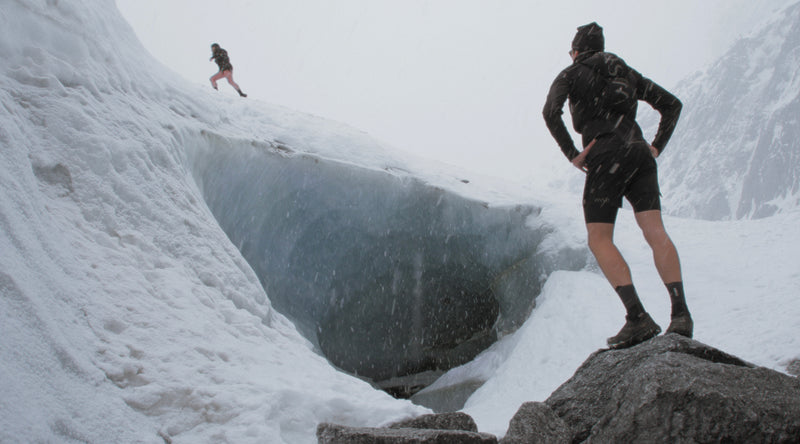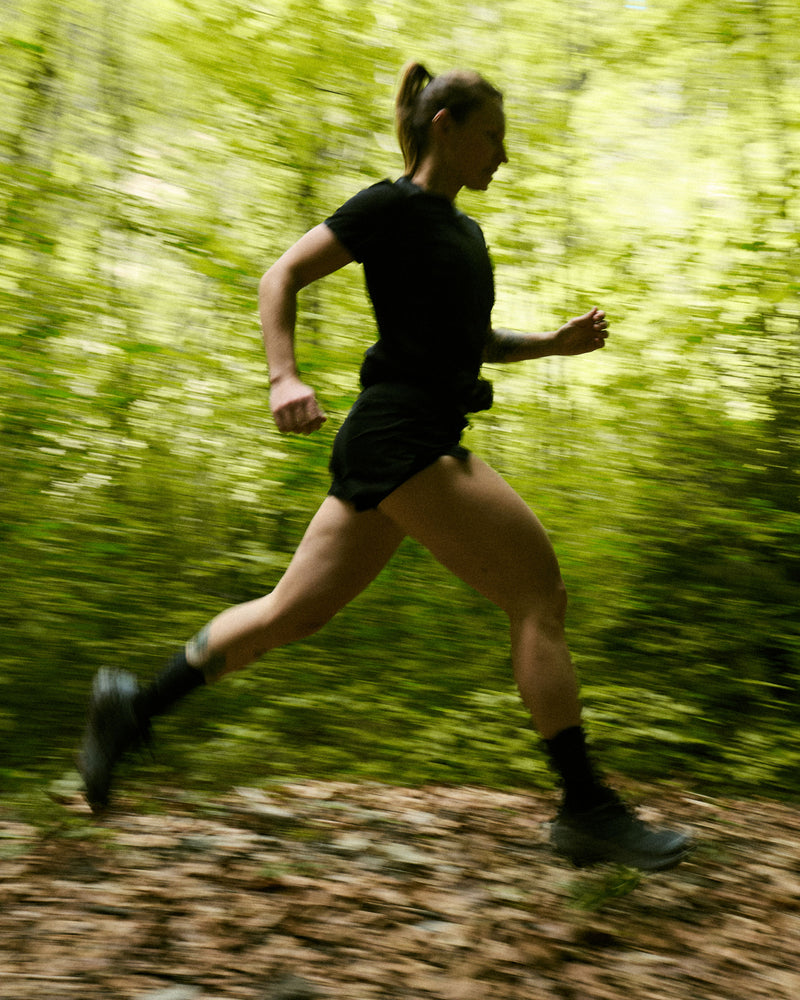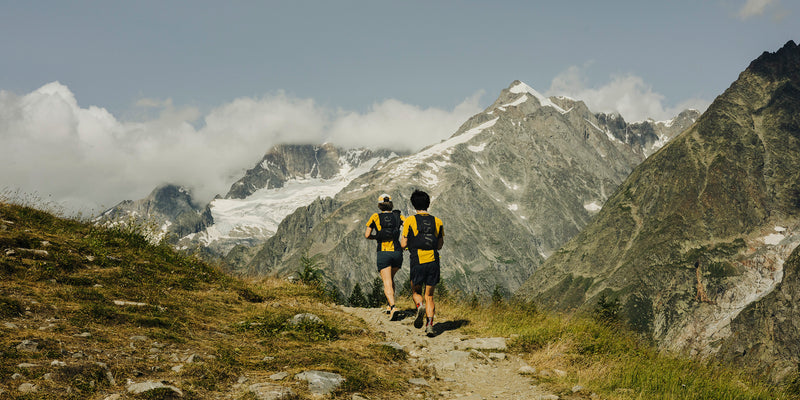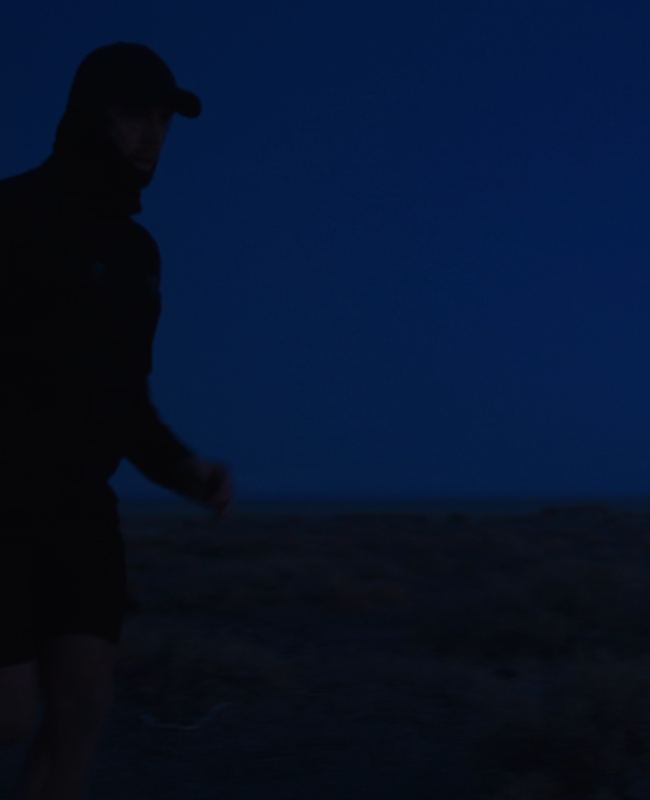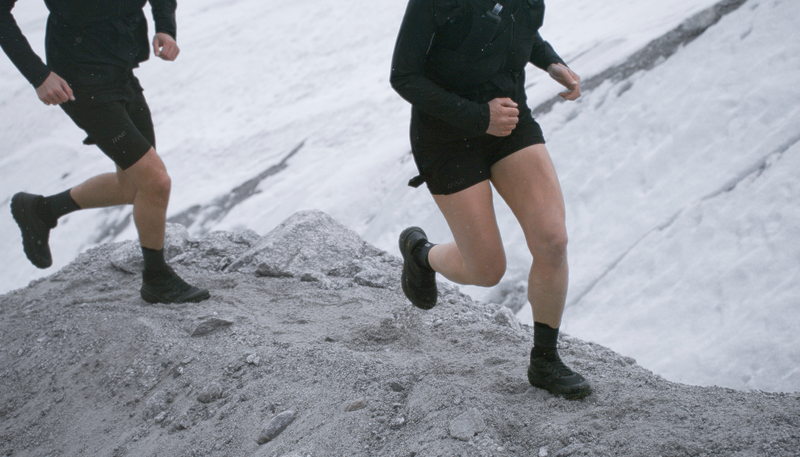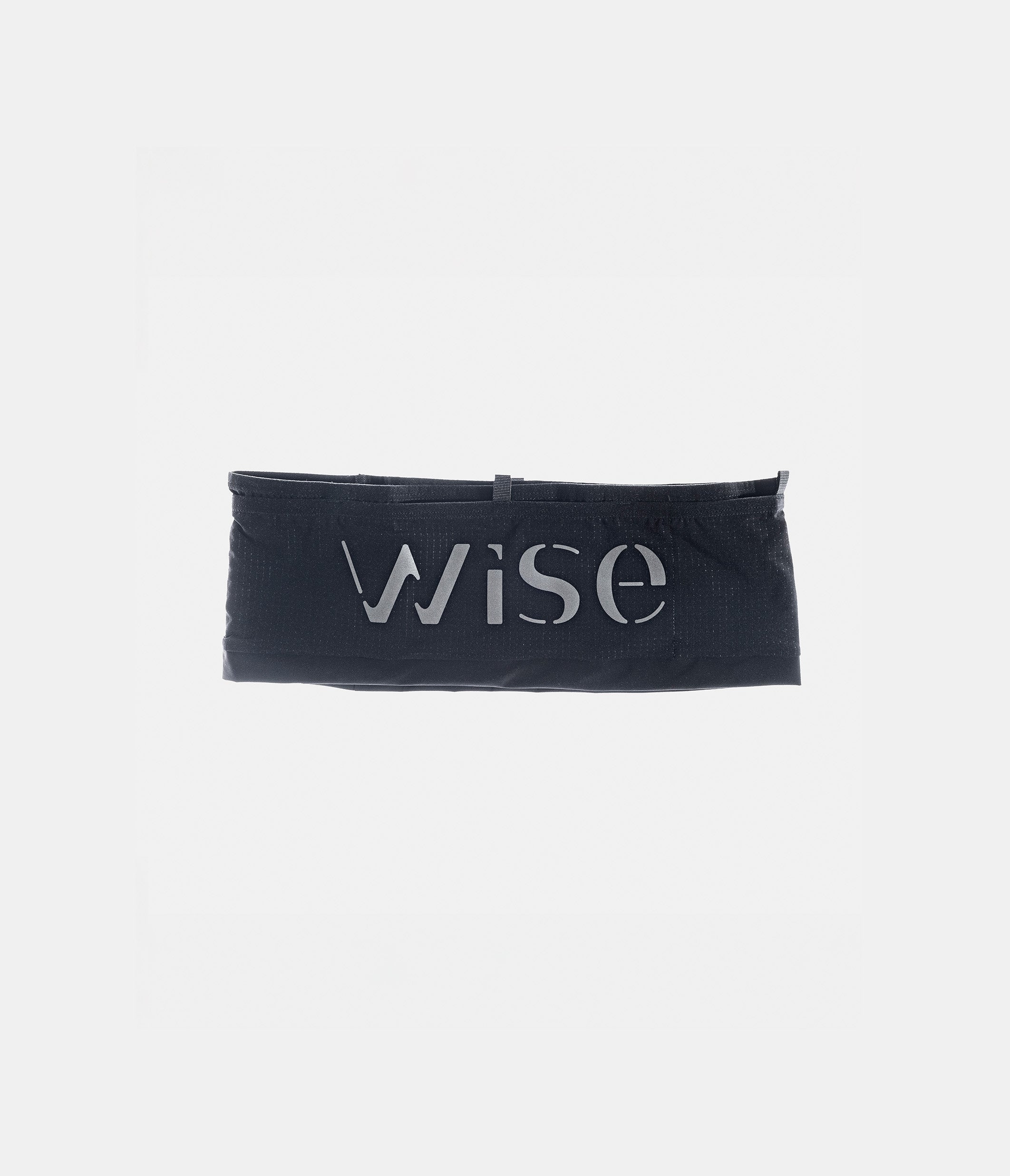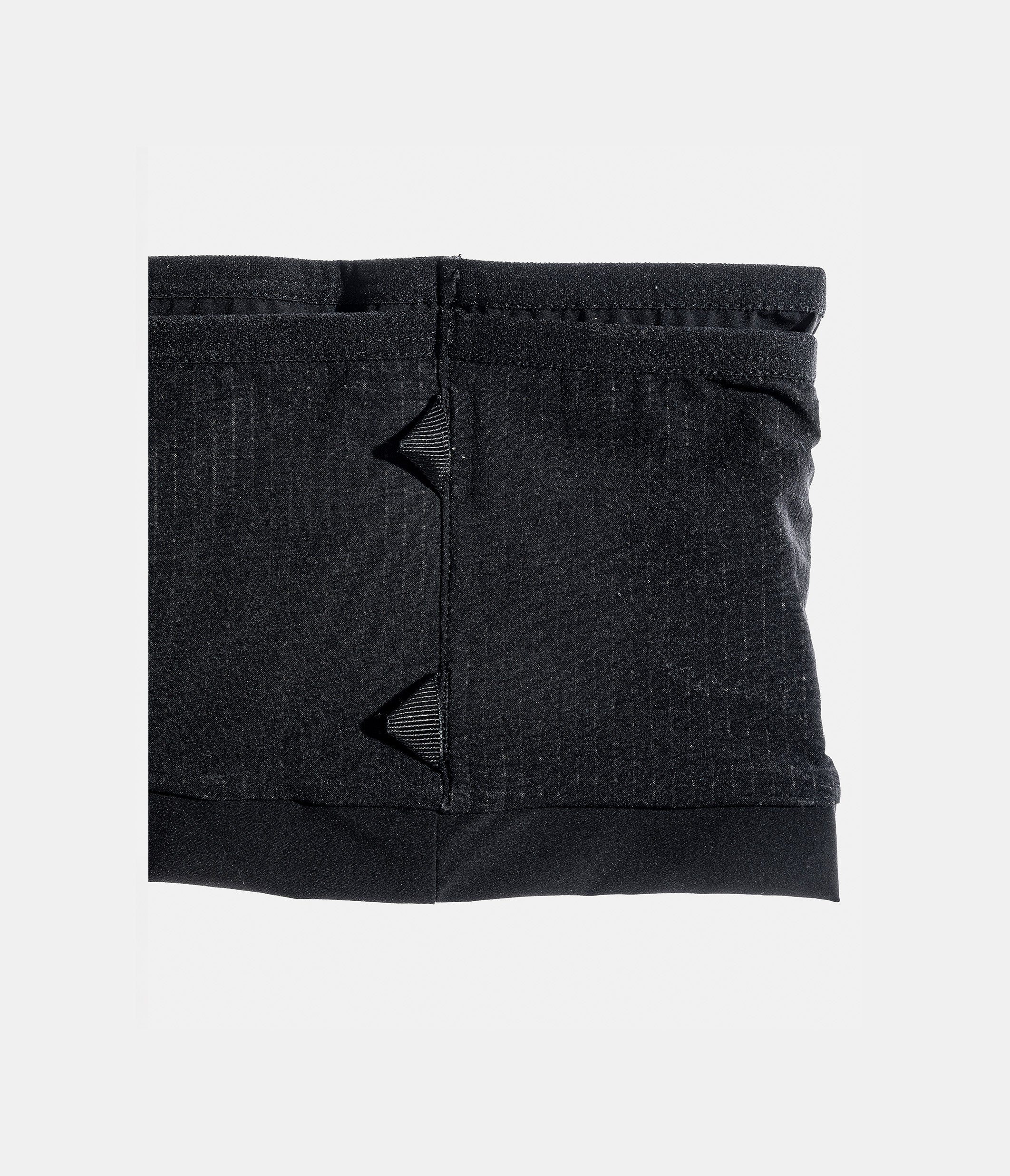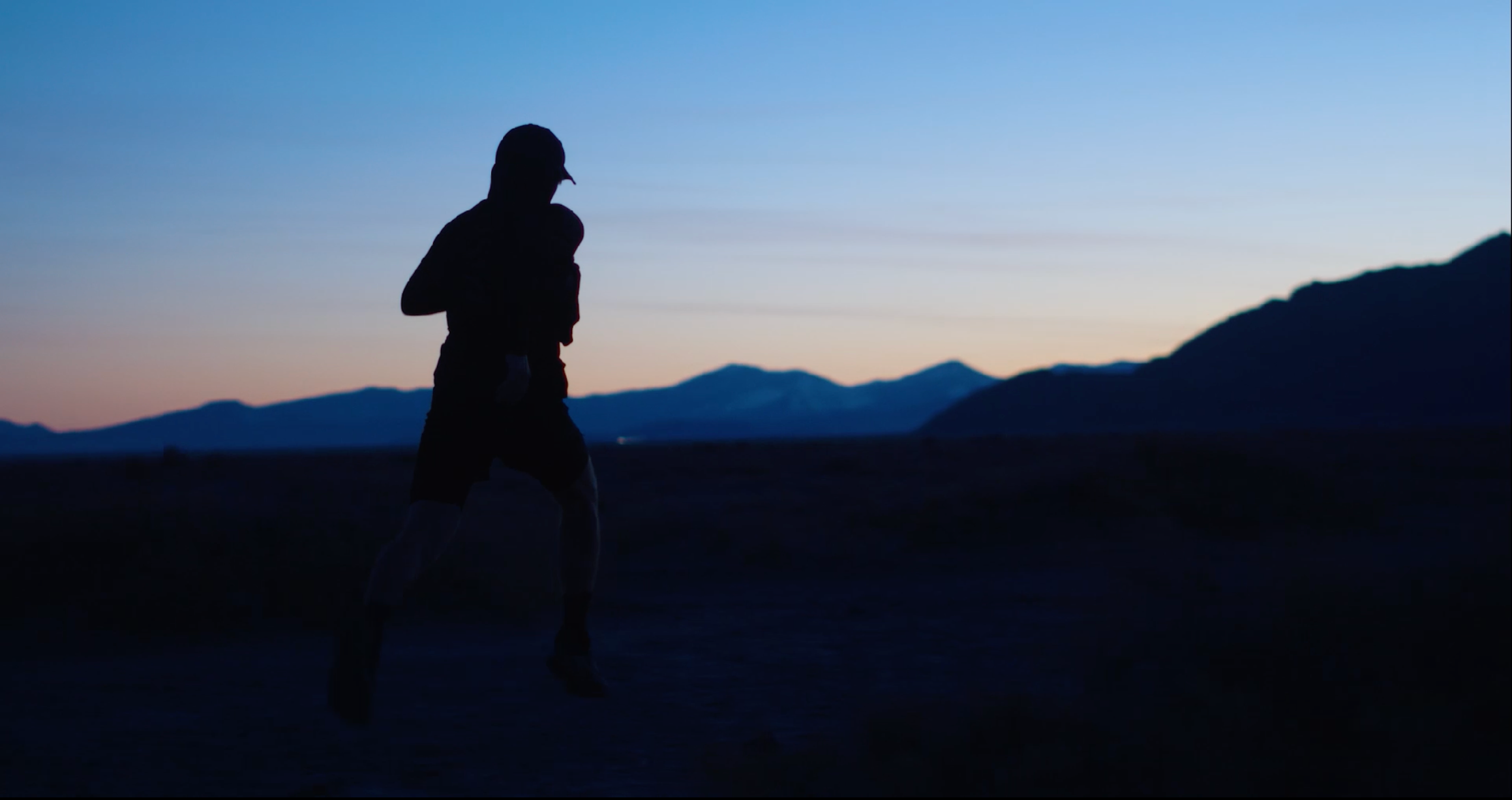Setting off at dawn and not stopping until dusk. This sensation is familiar to all ultra runners. This compulsion to run across landscapes for hours, with no other justification than the movement itself. This practice defies all contemporary logic. Yet, it reveals something essential about who we are.
Born to run
Ultra-running reminds us of a brutal truth: for millennia, humanity has traveled on foot. Our ancestors explored every continent using only their legs. This ability to move independently defines us genetically. We possess the heritage of a nomadic species, designed for long-distance travel.
The ultrarunner experiences this with every long run. Once the initial resistance has passed, the body rediscovers this ancestral programming. It accesses resources that modern life makes us forget. Ultrarunning then becomes a form of bodily archaeology. A rediscovery of what it means to be human before a sedentary lifestyle, before machines, before we lose this obvious fact: we are designed to move forward.
This revelation changes everything. Ultra runners no longer run for performance, but to explore their true capabilities. Each kilometer they cover reconnects them with the deep nature that modernity has buried.

Run free
This understanding transforms the relationship with equipment. When you're out for ten, fifteen, or twenty hours, every detail counts. Every friction becomes an obstacle. Every extra gram weighs on the distance. The ultrarunner quickly learns that optimal equipment disappears with use.
This requirement reveals a profound philosophy. It's no longer about adding features, but about eliminating everything that hinders natural movement. True innovation consists of subtracting, not adding. The most advanced technology is the one that goes unnoticed.
This approach questions our consumption habits. In ultra-running, we learn the value of the essential. We understand that excess is detrimental to efficiency. This lesson extends far beyond running.

Run to live
Ultra-running transforms our relationship with the environment. Ultra runners no longer pursue a logic of conquest, but of adaptation. They learn to work with the terrain, the weather, and natural cycles. They rediscover what it means to inhabit the world rather than dominate it.
This practice reveals ultra-running as a philosophy of life. It explores an alternative to the speed that obsesses contemporary society. It chooses duration over intensity, endurance over brute force, harmony over domination.
From this perspective, each long outing becomes an act of resistance. It affirms that human beings possess capacities other than those assigned to them by modernity. It demonstrates that there are other ways of living, of moving, of being in the world.
Ultra-running reminds us of who we really are.


